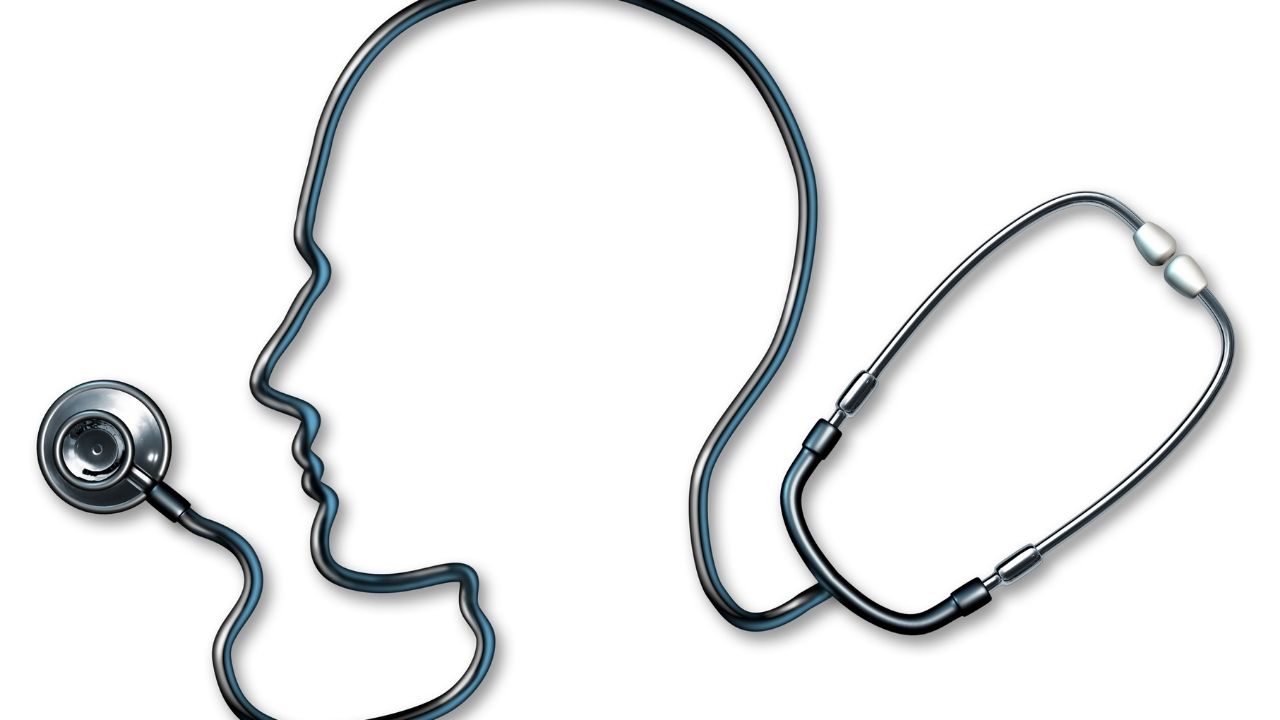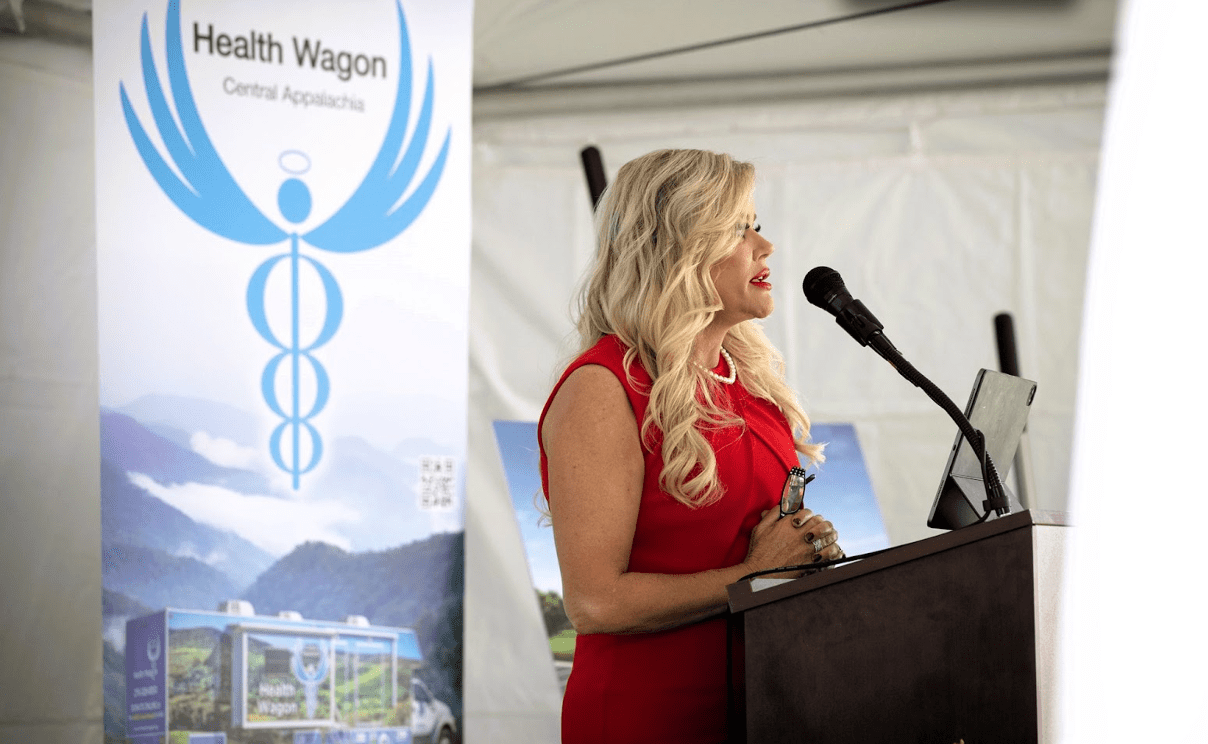Health
Exceptional Mental Healthcare in Florida

The mantra of the specialists at the Thriving Center of Psychology is to assist clients in refocusing their energy on items that are genuinely important to them. At their convenient office locations in Soho and Midtown, NYC, Miami, FL, and Los Angeles, CA, the providers lead their clients on a journey of self-discovery. Schedule a consultation today at Thriving Mind Psychology over the phone or use the online booking tool.
About Practice
It’s tried and true that prioritizing one’s mental wellbeing is just as necessary as prioritizing one’s physical health to live a fully fulfilled life. The Thriving Center of Psychology practitioners strives to deliver the highest quality of mental health services to everyone who wants to feel motivated and improve their life.
They collaborate with clients, inspiring them to be the leaders of their own journey, using only approaches and therapies that have so far proven to be effective. The Thriving Center of Psychology offers a comprehensive recovery program that is tailored to each individual’s needs.
Although weekly appointments are recommended to get the best results out of the sessions, they believe that any counseling is preferable to none. In fact, the Thriving Center of Psychology is so convinced that they provide online video therapy so that even clients with hectic schedules can benefit from customized sessions without coming into the office.
Services
The therapists at Thriving Center Of Psychology address a wide range of mental health concerns, including, but are not limited to, depression, anxiety, PTSD, anger, panic disorder, phobias, sleep problems, stress, trauma, etc. To address these concerns, the providers spend ample time with patients, understanding their patients’ unique needs and goals.
Following a comprehensive diagnosis, seeking the right combination of therapies helps you overcome your condition and enjoy improved life quality. Your care plan may include one or more of the following:
o Cognitive-Behavioral Therapy (CBT)
o Couples Therapy
o Neurofeedback Training (EEG biofeedback or electroencephalographic)
o Acceptance and Commitment Therapy (ACT)
o Talk Therapy (Psychotherapy)
o Medication Exercises
o Regulating your sleep patterns, even during weekends
For some cases, patients might benefit from referrals to inpatient care. Overcoming mental health problems takes dedication and time to your treatment plan. But regardless of the treatment plan that suits you best, the Thriving Center of Psychology’s caring and compassionate team cares for you every step of the way.
Testimonials & Reviews
Thriving Center Of Psychology values and appreciates reviews from their loyal patients. To date, the practice prides itself on a 4.67 out of 5 stars rating based on three collected reviews. To see what other patients are saying about the practice, visit their website.
To sum up, you are entitled to the opportunity to realize your full potential and enjoy the life you have always desired. Don’t let a mental health disorder drag you into feeling less worthy or impacting your life quality. Schedule an appointment with one of the specialist therapists at Thriving Center Of Psychology by calling or going online. Select the therapist who best fits your needs or contact the team, who will assist you in finding the best doctor for your needs.
Health
Dr. Teresa Tyson, DNP, Discusses The Hidden Healthcare Crisis in Remote Regions

Image source: Dr. Teresa Tyson, DNP, and Health Wagon
Access to healthcare remains a challenge for many individuals living in rural and remote areas, where medical facilities are scarce or difficult to reach. Many residents endure long travel times for even basic medical services, leading to delayed diagnoses and worsening health conditions. The lack of healthcare professionals further compounds the issue, leaving communities with inconsistent or inadequate care.
While technology and government initiatives have made strides in addressing these disparities, Dr. Teresa Tyson, DNP, notes how there are many obstacles still hindering widespread improvement. Bridging the healthcare gap requires a combination of innovative solutions, infrastructure development, and policy changes to ensure that medical services reach those who need them most.
Limited Access to Medical Care
Many remote regions struggle with a severe lack of healthcare facilities, leaving residents with minimal options for medical treatment. Hospitals and clinics are often located hours away, making even routine checkups a logistical challenge.
A shortage of medical professionals further worsens the situation, as many doctors and nurses prefer to work in urban areas with better resources and career opportunities. As a result, rural communities often rely on understaffed clinics or visiting healthcare workers who may not be available consistently. This leads to delayed diagnoses and inadequate treatment for chronic conditions. Many rural clinics operate with limited medical supplies, making it difficult to provide comprehensive care even when healthcare professionals are available.
In some cases, patients must travel long distances just to receive basic care, often at great personal and financial costs. The burden of transportation, time off work, and the uncertainty of available treatment discourage many from seeking medical attention until their conditions become severe.
Health Risks and Consequences
Delays in medical care often mean that conditions that could have been treated early turn into serious health complications. Many individuals in remote areas develop chronic illnesses that go undiagnosed for years simply because healthcare services are too far away or difficult to access. Diseases that are manageable with regular monitoring, such as diabetes or hypertension, frequently spiral out of control due to the lack of consistent medical supervision.
Beyond physical health, the absence of adequate healthcare also takes a toll on mental well-being. Isolation and limited access to mental health professionals leave many struggling with anxiety, depression, and other psychological conditions without proper support. In small, tight-knit communities, stigma around mental health can make it even harder for individuals to seek help, further exacerbating the crisis.
Preventable diseases continue to spread in these areas due to the lack of vaccinations, screenings, and early interventions. Without proper healthcare infrastructure, outbreaks of common illnesses can have devastating effects, particularly on children and the elderly. The combination of poor access, financial barriers, and limited awareness creates a cycle where minor health concerns escalate into life-threatening conditions.
Challenges in Expanding Healthcare Services
Building and maintaining healthcare infrastructure in remote regions comes with considerable hurdles. Poor road conditions and unreliable transportation make it difficult for medical professionals to reach patients, and in some cases, ambulances are unavailable, forcing residents to rely on personal vehicles or community efforts to transport those in need. In areas with extreme weather conditions, seasonal challenges further complicate healthcare delivery, cutting off entire communities during certain times of the year. These conditions make it nearly impossible for emergency medical teams to provide timely assistance in critical situations.
Funding remains a major obstacle, as rural healthcare facilities often struggle with limited financial resources. Many small clinics operate on tight budgets, lacking essential medical equipment and supplies. Without sufficient investments, these facilities cannot expand their services, making it harder to attract and retain qualified healthcare workers. As a result, many professionals opt to work in urban settings where they have access to better salaries, career advancement, and modern medical technology.
Role of Technology in Bridging the Gap
Advancements in technology are offering new ways to connect patients in remote areas with medical professionals. Telemedicine has made it possible for individuals to consult doctors without having to travel long distances, reducing delays in diagnoses and treatment. Virtual consultations, remote monitoring, and mobile health apps allow patients to receive medical advice without needing to visit overcrowded or distant healthcare facilities. In addition to telemedicine, artificial intelligence is being used to assist in diagnosing conditions remotely, helping bridge the gap in specialist care.
Despite its potential, implementing technology-driven healthcare solutions in rural regions is not without obstacles. Many areas lack reliable internet access or the necessary digital literacy to make full use of telehealth services. Even when technology is available, the cost of devices and connectivity can create another barrier, preventing low-income households from benefiting fully. Addressing these issues requires a combination of infrastructure development, education, and financial support to ensure that technology can be effectively integrated into rural healthcare systems.
Efforts to Improve Rural Healthcare
Governments and nonprofit organizations are actively working to address the healthcare challenges faced by remote communities. Investment in medical outreach programs, mobile clinics, and training initiatives for local healthcare workers has helped bring essential services to those who need them most. Some regions have introduced incentive programs to encourage doctors and nurses to work in underserved areas, offering student loan forgiveness, housing assistance, or higher salaries.
Community-led initiatives also play a crucial role in improving healthcare access. Local volunteers and advocacy groups often step in to provide educational workshops, vaccination drives, and wellness programs tailored to the specific needs of their communities. These grassroots efforts help bridge gaps where formal healthcare systems fall short, ensuring that residents receive at least some level of medical support.
Future Prospects for Remote Healthcare
Innovations in medical technology, policy changes, and raising awareness are shaping the future of rural healthcare. The expansion of telehealth services, combined with improved infrastructure, has the potential to make healthcare more accessible and efficient. Continued investment in mobile medical units and community-based programs could ensure that even the most isolated areas receive the care they need. Research into low-cost, portable medical devices is also opening new doors for remote diagnostics and treatment.
Sustained progress will depend on collaboration between governments, healthcare providers, and local communities. Long-term solutions require more than temporary programs; they demand systemic changes that prioritize equitable medical access. If these efforts continue to grow, rural healthcare systems may finally move toward lasting improvements that benefit future generations.
-

 Tech4 years ago
Tech4 years agoEffuel Reviews (2021) – Effuel ECO OBD2 Saves Fuel, and Reduce Gas Cost? Effuel Customer Reviews
-

 Tech6 years ago
Tech6 years agoBosch Power Tools India Launches ‘Cordless Matlab Bosch’ Campaign to Demonstrate the Power of Cordless
-

 Lifestyle6 years ago
Lifestyle6 years agoCatholic Cases App brings Church’s Moral Teachings to Androids and iPhones
-

 Lifestyle4 years ago
Lifestyle4 years agoEast Side Hype x Billionaire Boys Club. Hottest New Streetwear Releases in Utah.
-

 Tech6 years ago
Tech6 years agoCloud Buyers & Investors to Profit in the Future
-

 Lifestyle5 years ago
Lifestyle5 years agoThe Midas of Cosmetic Dermatology: Dr. Simon Ourian
-

 Health6 years ago
Health6 years agoCBDistillery Review: Is it a scam?
-

 Entertainment6 years ago
Entertainment6 years agoAvengers Endgame now Available on 123Movies for Download & Streaming for Free
